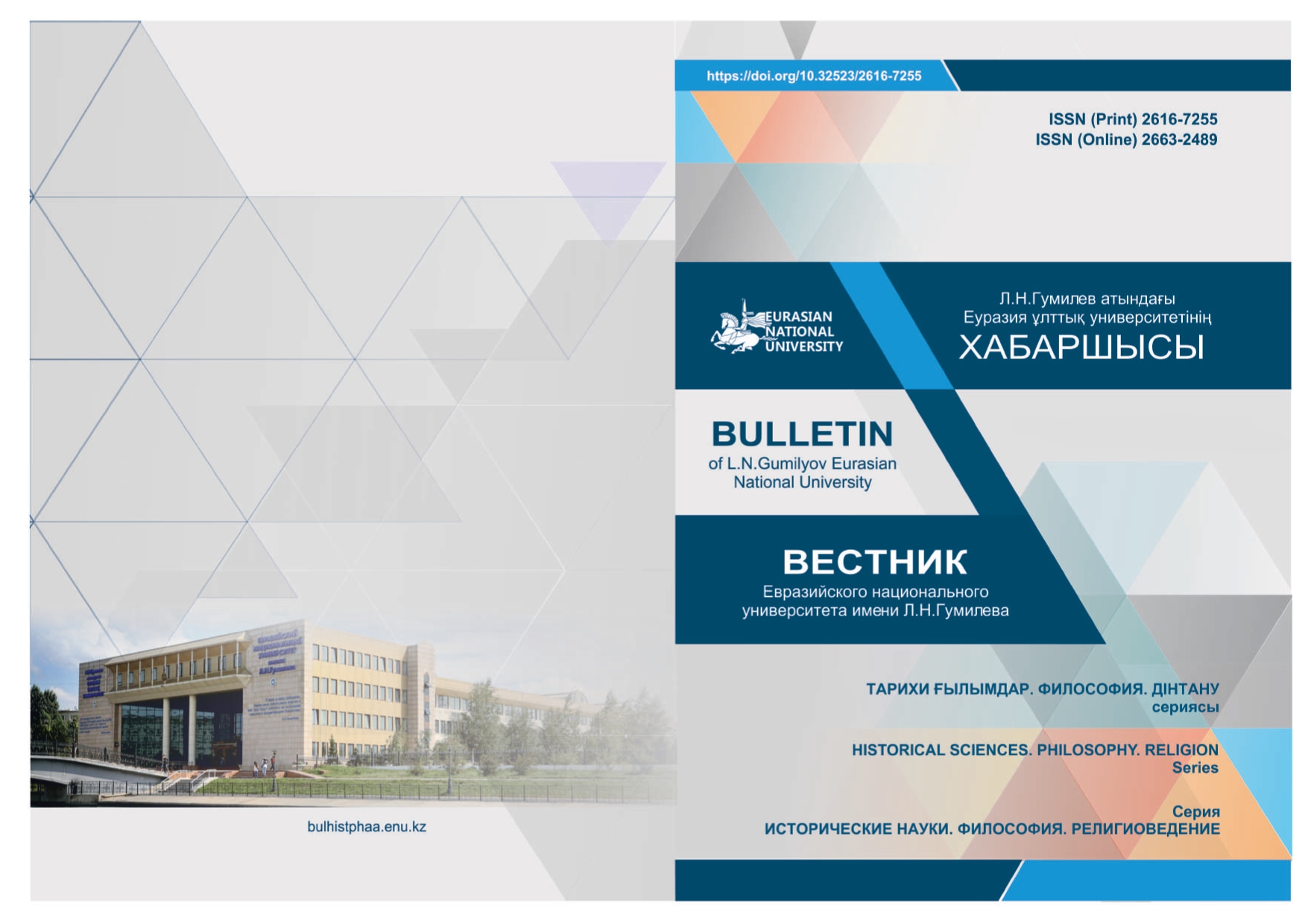Protocols of extra-judicial instances as a source for the study of mass operations of 1937-1938 in the Kazakh SSR
Views: 346 / PDF downloads: 287
DOI:
https://doi.org/10.32523/2616-7255-2023-145-4-74-91Keywords:
The Great Terror; extra-judicial instances; sources and materials; protocols; analysis and characterizationAbstract
This article characterizes such a massive source for the study of the Great Terror as an extrajudicial decision. During the period 1937–1938. The NKVD authorities carried out repression in three main areas, which included the “kulak” operation, a series of “national” punitive actions, as well as prosecutions against violators of the passport regime, criminal and declassed elements. Endowed with extrajudicial powers, the security officers independently sentenced those arrested to various penalties, including the death penalty. Extrajudicial bodies (“kulak”, police, Special troika, Special meeting under the NKVD of the USSR, Commission of the NKVD and the Prosecutor of the USSR), created to pronounce and approve sentences, recorded their repressive decisions. Until now, access to these types of sources is difficult, but they contain rich material for the study of mass operations. The researchers of this article managed to collect decisions of extrajudicial instances in the Kazakh SSR, deposited in Russian and Kazakh archives. Using their example, a description is given of each type of extrajudicial protocols that functioned during the years of the Great Terror. It is concluded that this type of sources is important material for the study of political terror, since detailed data processing allows us to draw conclusions about the scale of repression, target categories, mechanisms of implementation, both at the regional and union levels, and territorial features of persecution.
Downloads

Downloads
Published
Issue
Section
License
Copyright (c) 2023 Albina S. Zhanbosinova, Natalia A. Potapova

This work is licensed under a Creative Commons Attribution-NonCommercial 4.0 International License.







